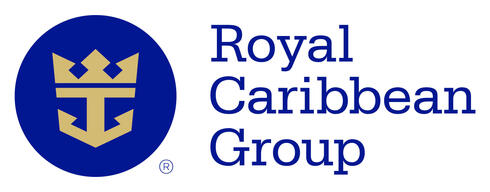Our oceans are under threat. In the last four decades, populations of some marine mammals, birds, reptiles, and fish have declined on average by half, according to WWF's Living Blue Planet Report. Yet the ocean is filled with solutions to some of today's biggest challenges. If we are to reverse the downward trends that threaten biodiversity and human well-being, we must take bold steps to repair, restore, and protect the oceans and engage actors like business along the way.
WWF and Royal Caribbean Group are working together to embed sustainability into the core of its business and across the industry, promote responsible tourism in priority coastal destinations, and support ocean conservation programs globally.
The tourism industry has evolved dramatically over the last decade, in response to shifting consumer trends —prompting brands, suppliers and governments to respond in kind. Through this partnership, we aim to meet the challenge and set a leading bar around sustainability.
Together, WWF and Royal Caribbean Group endeavor to make a positive impact on both the oceans and coastal destinations and galvanize both guests and industry peers to join us on this sustainability journey — to conserve important ocean ecosystems and support the communities that depend on it
